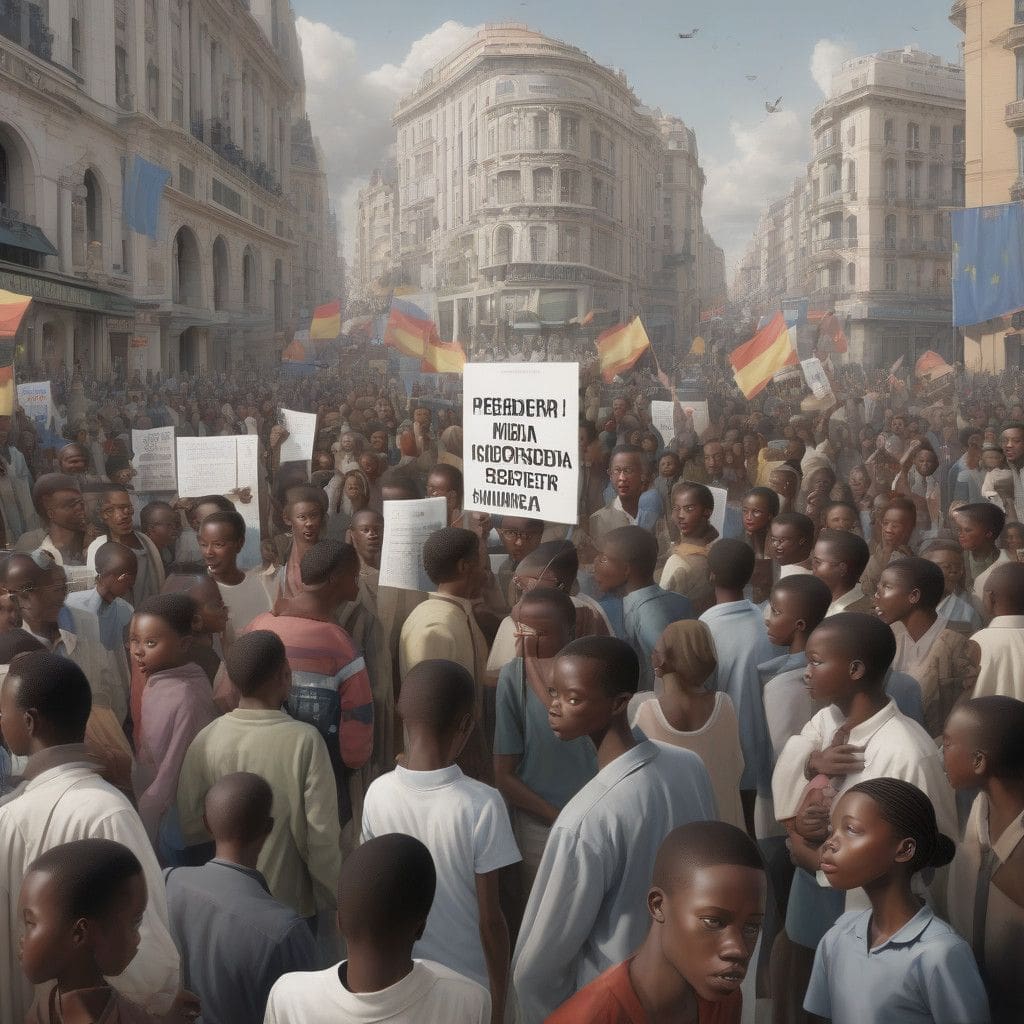In recent weeks, Mozambique and Mauritius have come under fire for blocking access to social media platforms during politically charged periods. Many experts, advocates, and citizens are questioning the implications of these shutdowns for democratic freedoms and digital rights.
In Mozambique, the government imposed bans on popular platforms such as Facebook and WhatsApp following widespread protests triggered by contested election results. The reaction from the public has been significant, as these platforms are vital for communication and information sharing, especially during times of political unrest. The Mozambique elections, marred by allegations of fraud, prompted many citizens to voice their frustrations through social media and organize protests, which the government deemed a threat to public order and stability.
Conversely, Mauritius has enacted similar measures, restricting social media access during a critical election period set for November 10. Triggered by a scandal involving alleged illegal wiretapping of high-profile figures, the Mauritian government’s decision to implement an internet blackout has raised eyebrows and prompted backlash from digital rights organizations. These groups argue that such actions undermine civic engagement and restrict the flow of necessary information to the populace.
The critique from various human rights advocates is robust. Organizations such as Access Now and the #KeepItOn coalition have condemned these internet shutdowns, asserting that they conflict with international human rights standards. They highlight the African Commission on Human and Peoples’ Rights (ACHPR) resolution 580 alongside the International Covenant on Civil and Political Rights (ICCPR). Both instruments advocate for the right to freedom of expression, which extends to online communication. By blocking social media, governments not only prevent citizens from exercising their rights but also hinder accountability and transparency in governance.
Moreover, rights organizations emphasize the essential role Internet Service Providers (ISPs) play in promoting democratic values. For instance, they urge telecommunications companies like Emtel and Mauritius Telecom to resist government directives aimed at enforcing these shutdowns. Such resistance could serve as a safeguard for citizens’ rights, ensuring their access to vital information and preserving the democratic fabric during politically sensitive moments.
Supporting transparency and accountability in governance is crucial for societal progress, and digital rights groups argue that ISPs must become advocates for internet freedom. They stress that when companies stand firm against unjust government censorship, they not only protect their customers but also bolster their corporate reputation as champions of fundamental rights.
The implications of the shutdowns extend beyond immediate political contexts. These events reflect a growing trend where governments resort to internet censorship to control public perception and limit dissent. The impact on freedom of expression is profound when social media platforms—the primary channels for discussion and protest—are stifled, fostering a culture of silence and compliance that runs counter to democratic ideals.
As the situation unfolds, both Mozambique and Mauritius are likely to face mounting pressure from the international community and local civil rights organizations. These entities are poised to hold the governments accountable and reaffirm the principles surrounding digital rights. Continued scrutiny is essential for safeguarding freedoms that many have fought hard to establish.
In conclusion, the decisions made by Mozambique and Mauritius regarding social media access underscore a significant challenge for civil liberties in the digital age. By restricting access during politically volatile times, both governments are jeopardizing the democratic processes and eroding the rights of their citizens.
As society continues to grapple with the balance between national security and civil liberties, stakeholders, including international bodies and local advocacy groups, must maintain their vigilance. The outcomes of these events could set critical precedents for how digital rights are handled in politically sensitive contexts moving forward.












